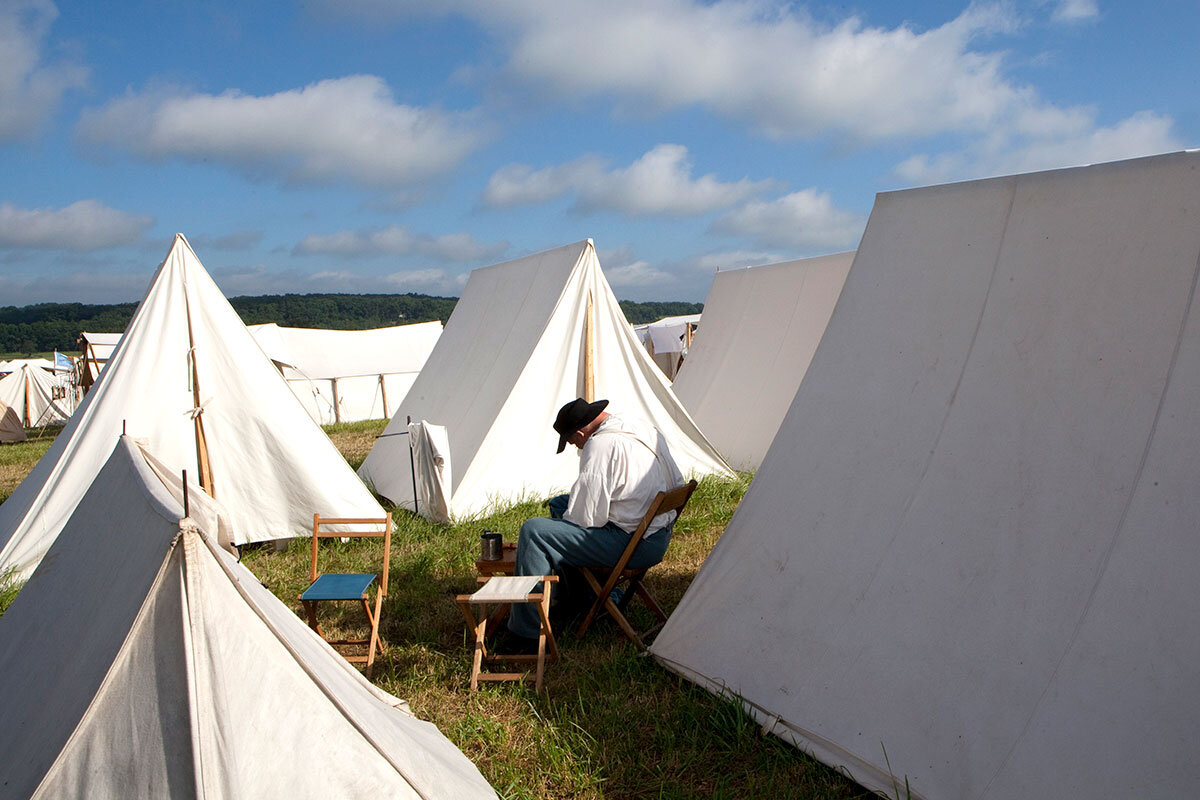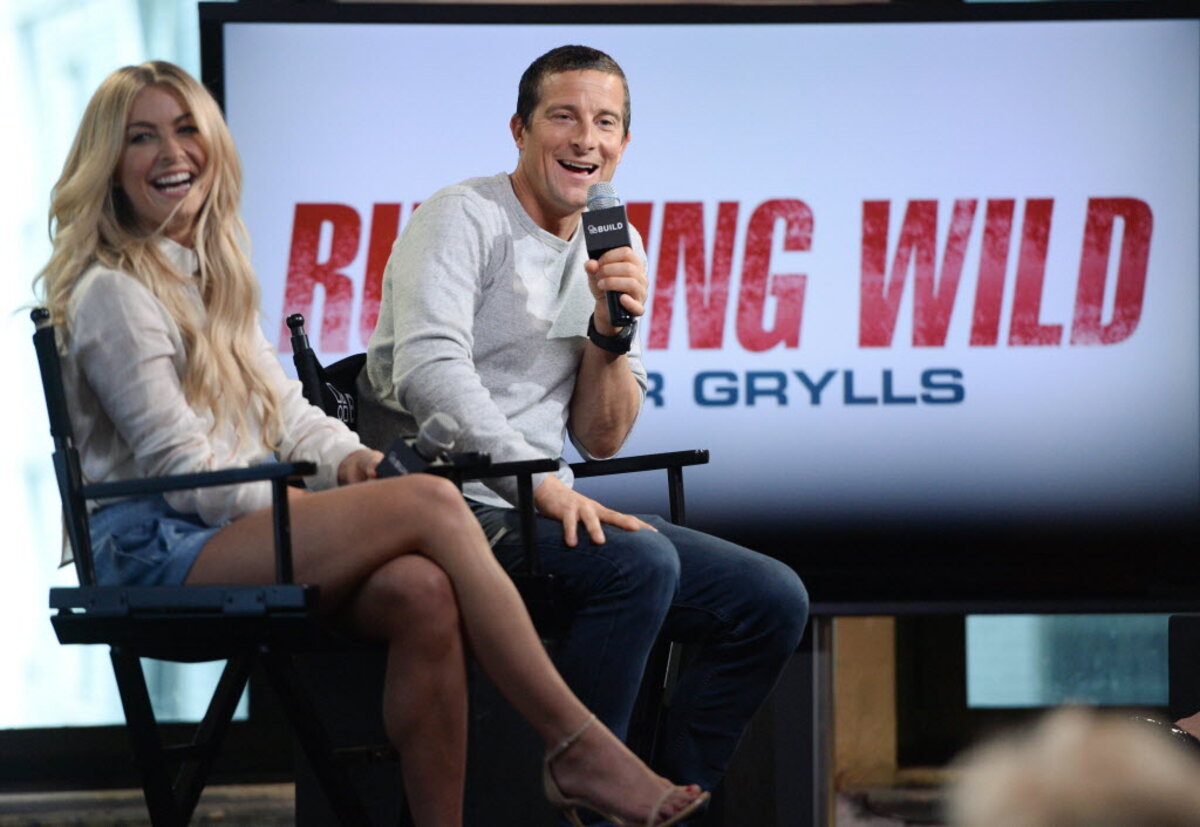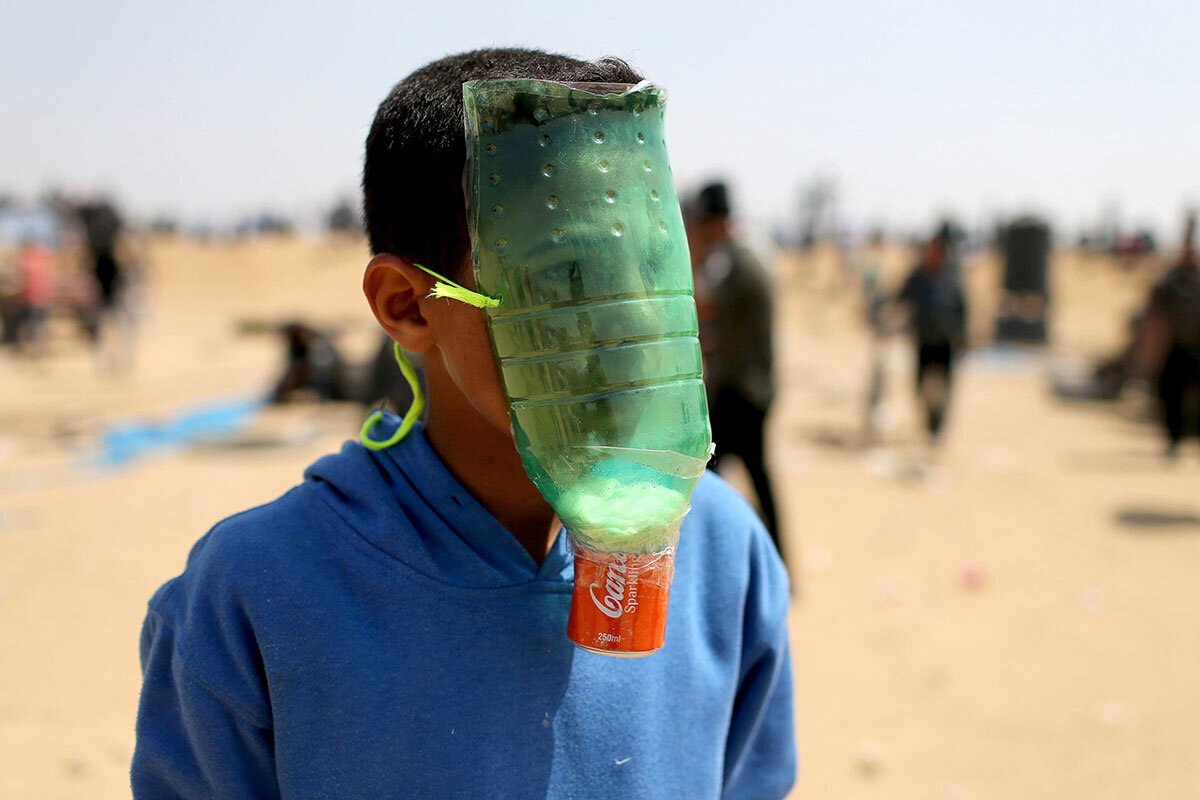The current US administration rode in with a sense of "new sheriff in town," as one nonpartisan watchdog puts it. It has delivered on "new." But it has turned out to have an unexpected set of standards on behavioral norms.
Monitor Daily Podcast
- Follow us:
 Clayton Collins
Clayton Collins
Looking for a lift? Find stories that offer small offsets.
It’s troubling that clean air has become in China. It’s encouraging that scientists in Antarctica just grew vegetables . (That Matt Damon was onto something.)
It’s getting harder to find much light around how Earth civilizations are being governed.
Axios delivered this week of the global creep of authoritarianism. Gen. H.R. McMaster, outgoing national security adviser, that “[w]e are now engaged in a fundamental contest between our free and open societies and closed and repressive systems.” Former Secretary of State : “Warning signs include the relentless grab for more authority by governing parties in Hungary, the Philippines, Poland and Turkey….” (We’ll look at Hungary and the Philippines below.)
But this was also another week of individuals marching for personal freedom. And a report from (still repressive) Uzbekistan showed toward an opening since 2016.
Thinkers point to the importance of an openness to movement – the idea that we can express values, let others express theirs, and give nothing up. Yesterday, Monitor editors were batting around positing that the root of conflict is in two competing worldviews: fixed versus fluid.
“The fixed tend to be wary of what they perceive as constant threats to their physical security specifically and of social change in general,” writes Thomas Edsall, quoting an email from author Marc Hetherington. “The fluid are much more open to change and, indeed, see it as a strength.”
Now to our five stories for your Friday, looking at styles and perceptions of leadership, the use of trust and collaboration to help keep schools safe, and volunteers’ caring work to transcribe history.












